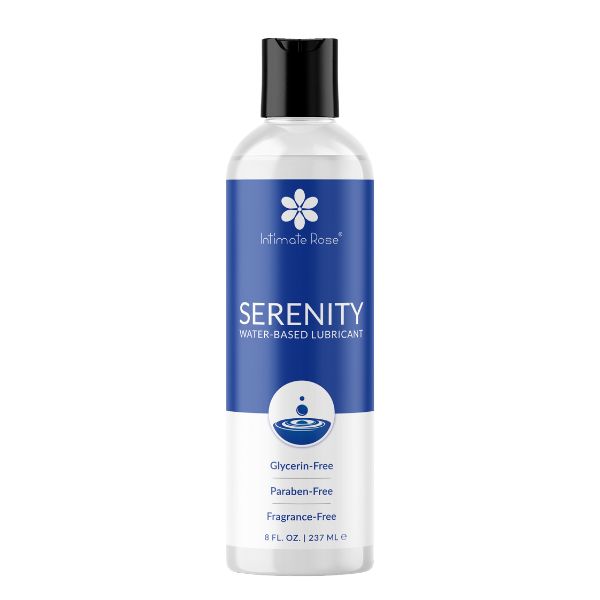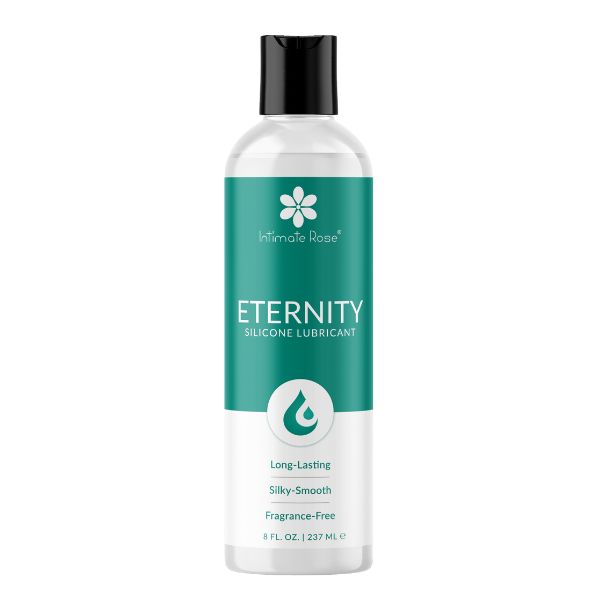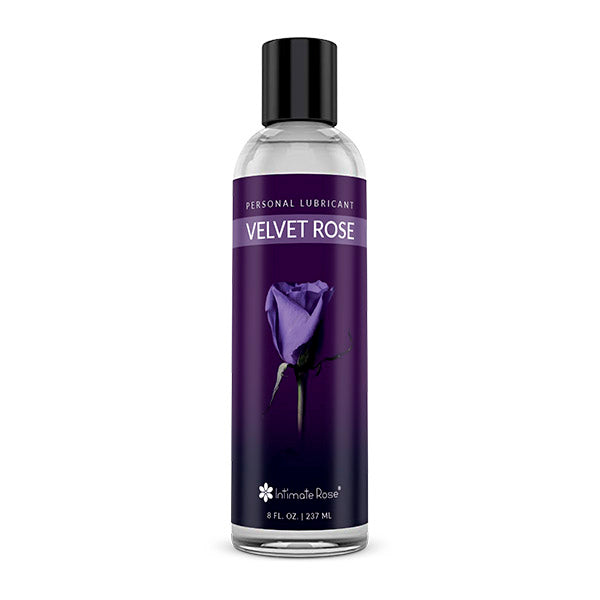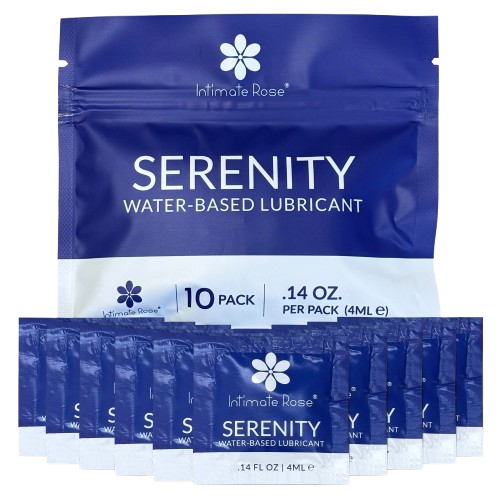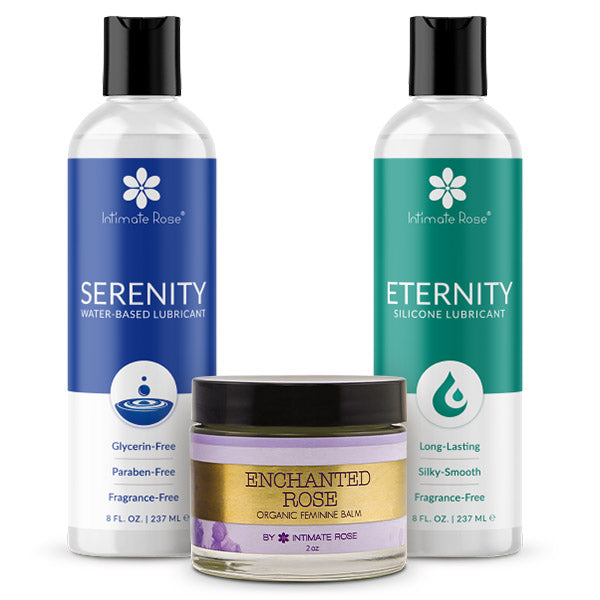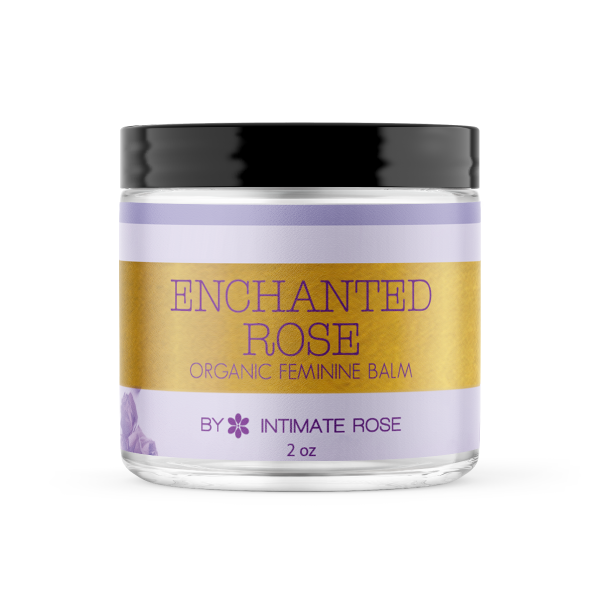Recommended Supplements for Menopause
Menopause is defined as the stage of life after the transitional phase of perimenopause is complete and menstruation has not occurred for 12 months.
During this stage of life, women might experience symptoms such as hot flashes, insomnia, mood swings, and joint pain, to mention just a few.
In this article, we’ve outlined the 7 best menopause supplements and herbs to provide relief from symptoms.
1. Magnesium
Women in the menopausal phase of life can experience a drop in magnesium, especially magnesium glycinate, which helps to regulate the bone formation, metabolism, blood pressure, and blood sugar as well as muscle function. However, it is easily replaced with a magnesium supplement.
During menopause, magnesium is believed to combat osteoporosis, relieve joint pain, boost heart health, decrease the risk of diabetes, reduce blood pressure, and ease constipation. In a recent study, researchers also found that magnesium supplementation during menopause significantly reduced the depression associated with it.
Magnesium can be found in foods like soy milk, tuna, spinach, pumpkin seeds, almonds, and cashew nuts, as well as avocado and bananas. Alternatively, it can be taken in supplement form with a recommended daily intake of no more than 350mg.
2. Chasteberry
Chasteberry, also known as Vitex agnus-castus, is a native tree to the Mediterranean and Asia. The dried fruit, which has a peppery taste and aroma, has been used as an herbal remedy to treat female reproductive health for generations.
Used for centuries to help re-balance female hormones, chasteberry is known to relieve menopausal symptoms such as mood swings, pelvic discomfort, interrupted sleep, and hot flashes.
In a recent study, 23 women experiencing menopause symptoms took chasteberry supplements for three months and reported better moods and improved sleep. In a follow-up study, of the 52 additional women who used chasteberry as a supplement, 33% experienced a major improvement in symptoms and 36% reported moderate improvements.
For best results, women's health experts recommend taking chasteberry in supplement form, like this Vitex Chasteberry Supplement from Intimate Rose, for at least three months before seeing an improvement in menopause symptoms.
3. Red Clover
Red Clover is a flowering plant with an abundant source of isoflavones, which is a type of phytoestrogen that functions in a similar way to estrogen. Due to the production of estrogen generally decreasing in menopause, the isoflavones in red clover can somewhat mimic the effects of estrogen and alleviate menopausal symptoms such as loss of bone density, hot flashes, and night sweats.
Various studies into the supplementation of red clover for menopausal women showed it was more effective than a placebo at relieving symptoms like hot flashes, joint pain and night sweats.
4. Black Cohosh
Due to the phytoestrogens contained in black cohosh, which are plant chemicals that behave in a similar way to estrogen, this flowering plant, native to eastern North America has long been recognized as a helpful menopause supplement.
Supplementing the decreased estrogen during menopause with the phytoestrogens found in black cohosh are thought to help reduce and relieve menopause symptoms like vaginal dryness, hot flashes, mood swings, and night sweats.
Clinical trials, where women took black cohosh over a consecutive 12 month period, found that small doses reduced mood swings and hot flashes with no adverse side effects. Additionally, a 2010 review reported that menopausal women who took black cohosh supplements for six months experienced a 26% reduction in night sweats.
5. Probiotics
As well as promoting the growth of “good” microorganisms in the gut to help digestion, probiotics also help to keep the menopausal vagina healthy. Just like the digestive tract, the vagina depends on a healthy pH balance of “good” and “bad” bacteria to function optimally.
Probiotics help to ensure this healthy balance of bacteria, thereby alleviating bloating, constipation, and gas that can come with menopause. In addition, a daily probiotic can prevent urinary tract infections, which women can become more susceptible to during menopause.
Natural sources of probiotics include kombucha, kefir, and natural unsweetened yogurt, however, women’s health experts suggest that a daily measured dose in the form of supplements is easier to maintain.
A daily intake of Flora Bloom Probiotics for Women from Intimate Rose, for example, will promote vaginal pH, aid digestion, and with added cranberry and D-Mannose, they also make it more difficult for bacteria to adhere to the urinary tract walls, thereby preventing infections from taking hold.
6. Flax Seeds
Flax seeds, also known as linseed, are rich in phytoestrogens similar to those found in black cohosh and red clover, however, the phytoestrogens found in flax seeds are called lignans as opposed to isoflavones.
The chemical structure of lignans is believed to allow them to function in a similar way to estrogen, thereby alleviating menopause symptoms like hot flashes, and mood swings, as well as improving sexual health.
During a three-month study, 140 women in the menopausal phase of life took a daily dose of flax seeds and reported not only a relief from hot flashes but also an overall improved quality of life.
7. St. Johns Wort
St. John’s Wort has been used for centuries as a natural supplement to cope with anxiety and depression and has more recently become popular for treating menopausal hot flashes.
After a study carried out in Iran, where 100 women with an average age of 50 who were going through perimenopause and menopause took St. John’s Wort for eight weeks, results suggested that it is effective in treating hot flashes.
St. John’s Wort is known to react with certain medications, so it is always advised that patients speak with their doctor regarding any existing medications before adding this supplement to their daily intake.

Get your personalized HRT plan!

Get your personalized HRT plan!
Conclusion
Many women experience menopause symptoms like mood swings, lack of libido, anxiety, hot flashes, and difficulty sleeping. And although hormone medication might seem like the best way through it, natural supplements can be effective in treating menopause symptoms too. If you're unsure which is right for you, visit our online menopause relief center.
Chasteberry, red clover, probiotics, flax seeds, and many more natural supplements have shown great promise in alleviating menopause symptoms. However, similar to medication, some natural supplements can interact negatively with other medications. If you do take regular medication, it is always better to consult with your doctor before taking any type of supplement.
References
Science Direct - Effect of magnesium supplementation on women's health and well-being -
https://www.sciencedirect.com/science/article/pii/S2352364621000079
National Center for Biotechnology Information - Comparison of Vitex agnus-castus Extracts with Placebo in Reducing Menopausal Symptoms: A Randomized Double-Blind Study -
https://pubmed.ncbi.nlm.nih.gov/31067851/
National Center for Biotechnology Information - Red clover for treatment of hot flashes and menopausal symptoms: A systematic review and meta-analysis - https://pubmed.ncbi.nlm.nih.gov/26471215/
Medical News Today - Uses and side effects of black cohosh for menopause -
https://www.medicalnewstoday.com/articles/317530
National Library of Medicine- Effects of probiotics supplementation on the hormone and body mass index in perimenopausal and postmenopausal women - https://pubmed.ncbi.nlm.nih.gov/34109594/
National Center for Biotechnology Information - The effects of flaxseed on menopausal symptoms and quality of life - https://pubmed.ncbi.nlm.nih.gov/25882265/
National Center for Biotechnology Information -Effect of St John's wort on severity, frequency, and duration of hot flashes in premenopausal, perimenopausal, and postmenopausal women -
https://pubmed.ncbi.nlm.nih.gov/20216274/
Hormonal and Non Hormonal Menopause Relief
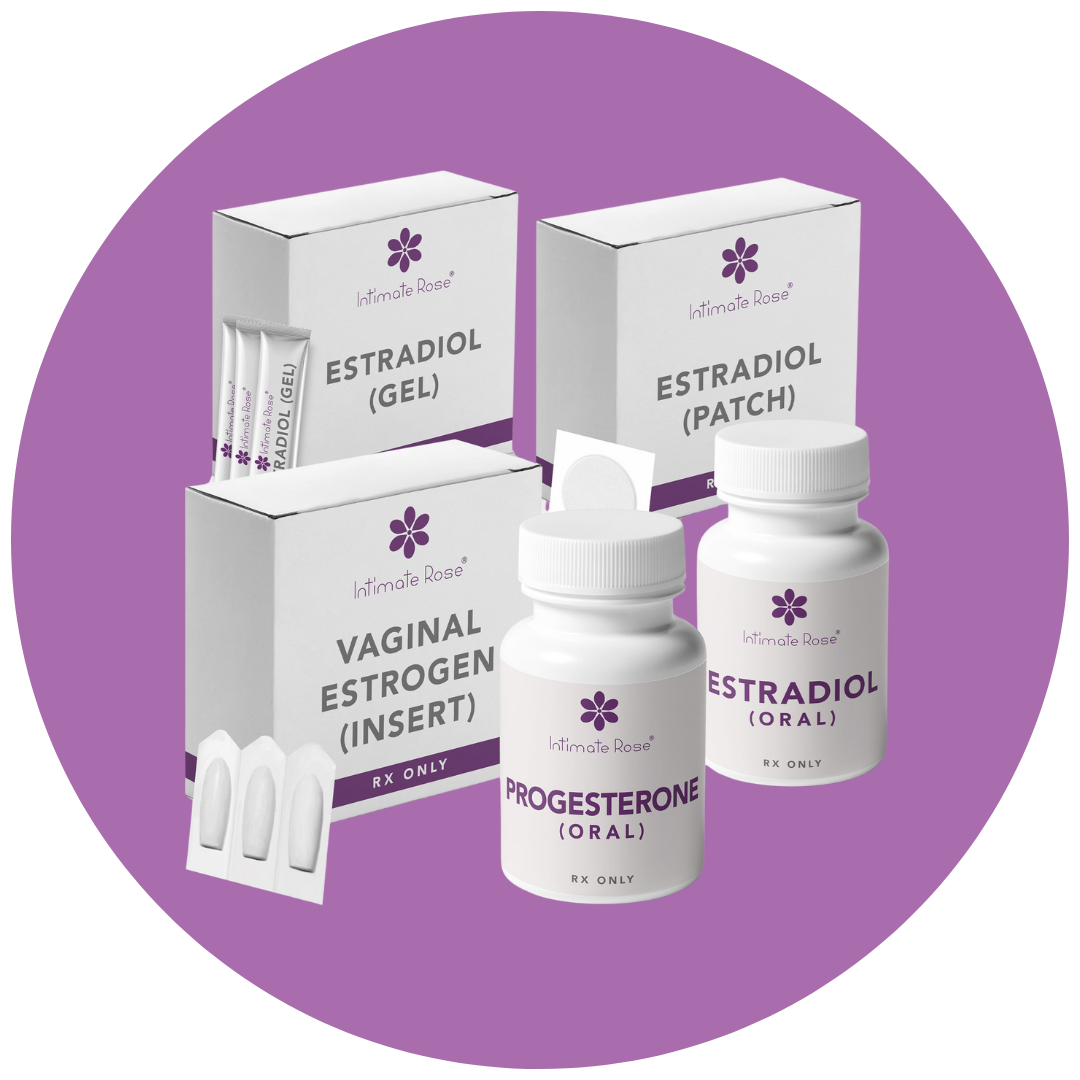

Get your personalized HRT plan!




